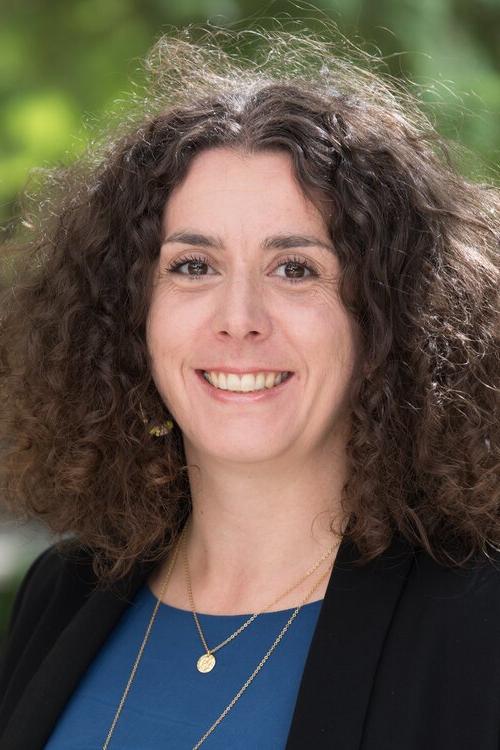Overview
This project aims to revise and validate a short dementia diagnostic assessment by non-specialists in Ghana. Lack of standardization of dementia diagnostic assessments and algorithms has been recognized as a major issue in the estimation of the burden of disease across cultures. It is difficult to achieve because of the diversity of language, culture, and levels of literacy in the different regions of the world.
Project Details
Less attention has been given to the validity of survey diagnostic approaches in in Sub-Saharan Africa (SSA) compared with other regions of the world. While most population-based studies in SSA have been using two-stage diagnostic approaches, this approach might not be feasible for large scale surveys given the lack of specialist resource. Although the evidence on the epidemiology of dementia has substantially increased recently, our understanding of the epidemic and its burden in this region is limited, while the economic and social impact of dementia could be disproportionately high. As for other countries of the region, dementia research needs in Ghana were recently highlighted, including diagnosis which would contribute to fill the gap regarding dementia prevalence.
The development of a dementia assessment, with robust training methods to guarantee the expected level of quality and validity, is therefore critical. A diagnostic assessment, culturally adapted and not influenced by the level of education, accompanied by a computerized algorithm to ascertain dementia status were developed and validated by the 10/66 Dementia Research Group in Asia, Latin America and only one African site - Nigeria. This structured assessment can be administered by appropriately trained lay interviewers, without requiring specialist clinical diagnosis. A short-form assessment and algorithm, with comparable performances, were developed in order to provide an alternative in settings where the full assessment is not feasible or acceptable. However, data from recent studies carried out in several sub-Saharan countries raised concerns about the robustness of assessments that are core to this dementia diagnostic assessment. The aim of this project is to analyze existing data from SSA in order to identify any source of measurement bias and explore assessment quality (training and administration) in Kintampo (Ghana). This will allow us to recalibrate the diagnostic algorithm before the revised one-stage dementia diagnostic assessment can be validated in the same setting.





